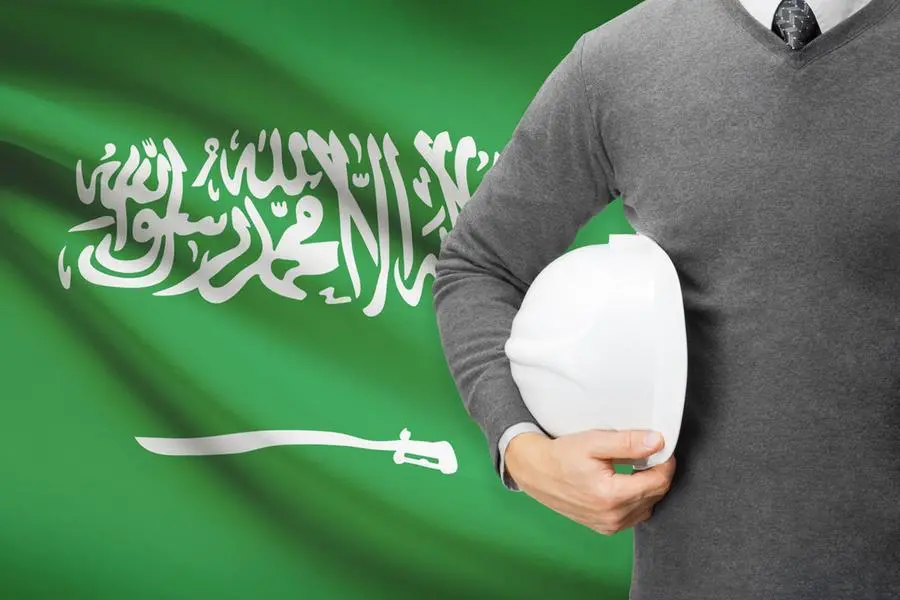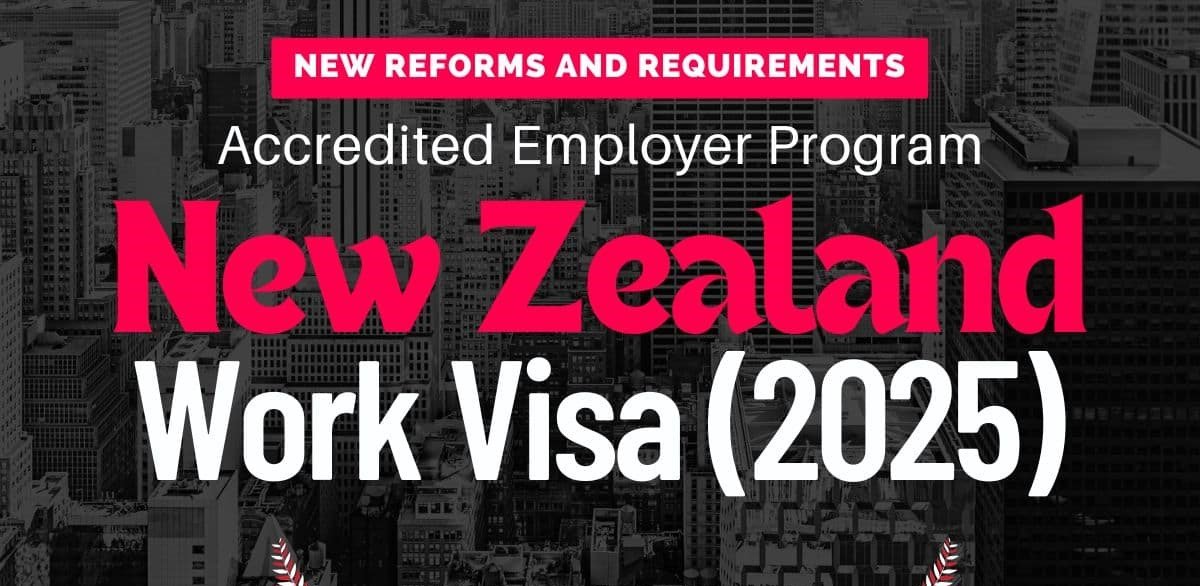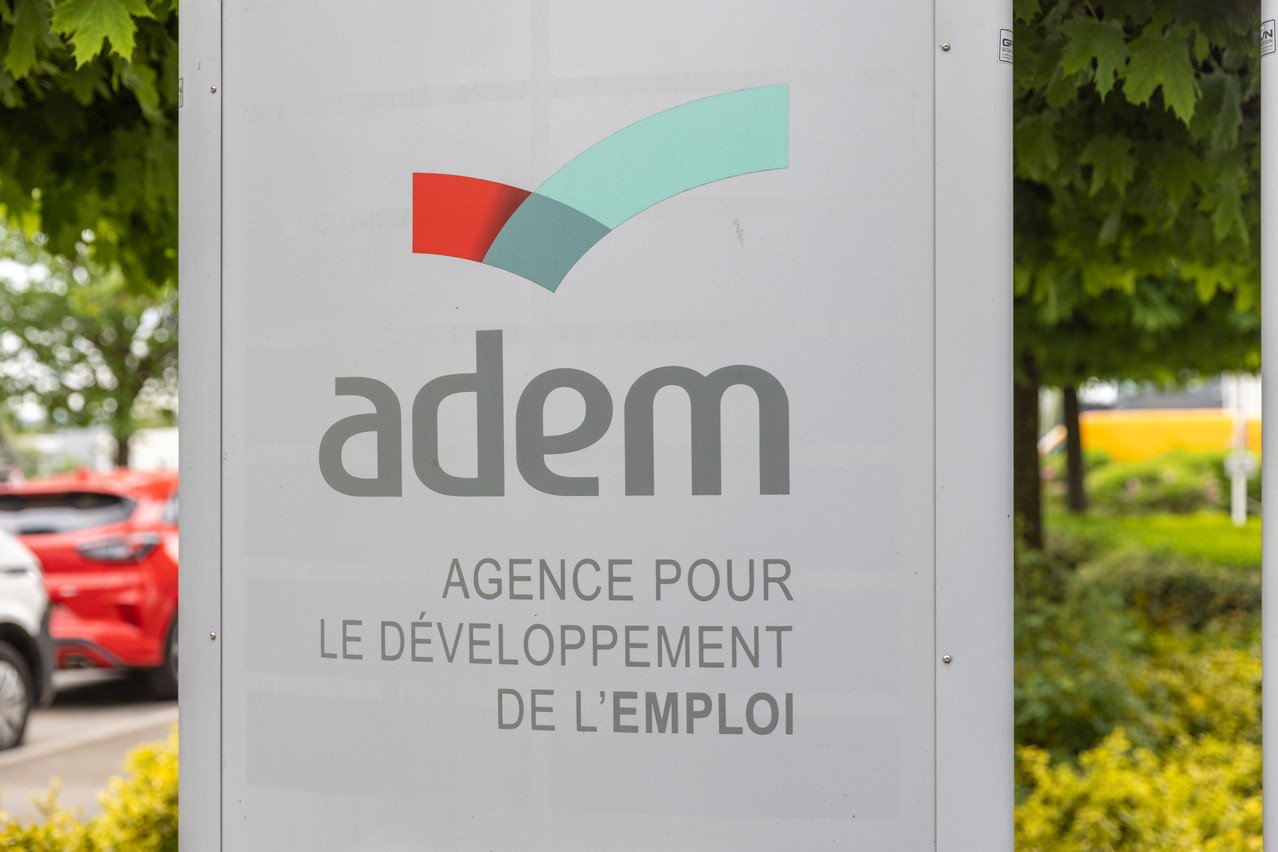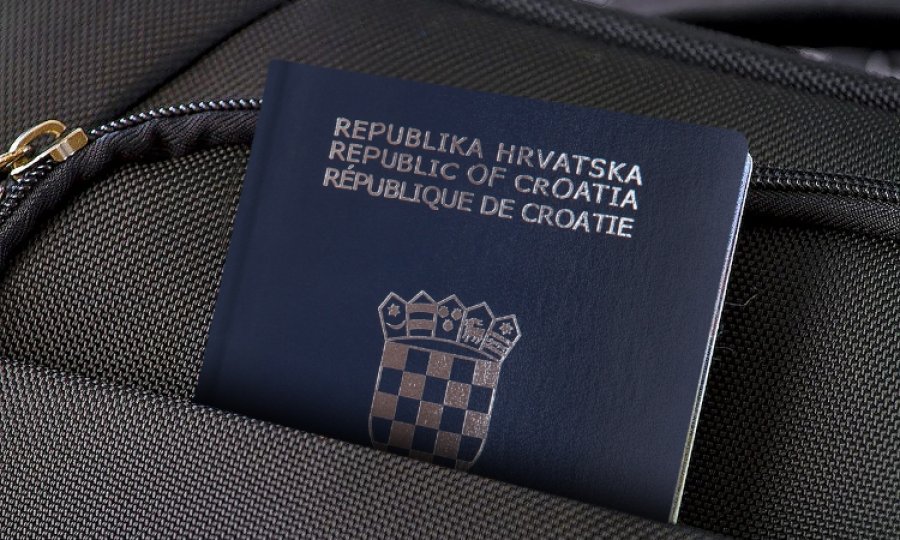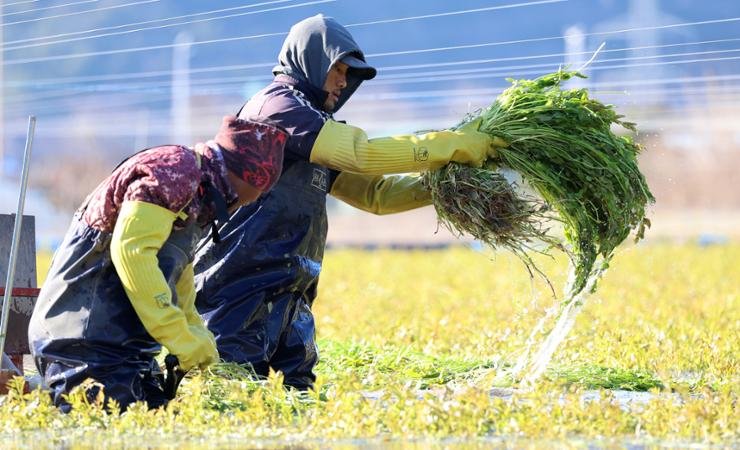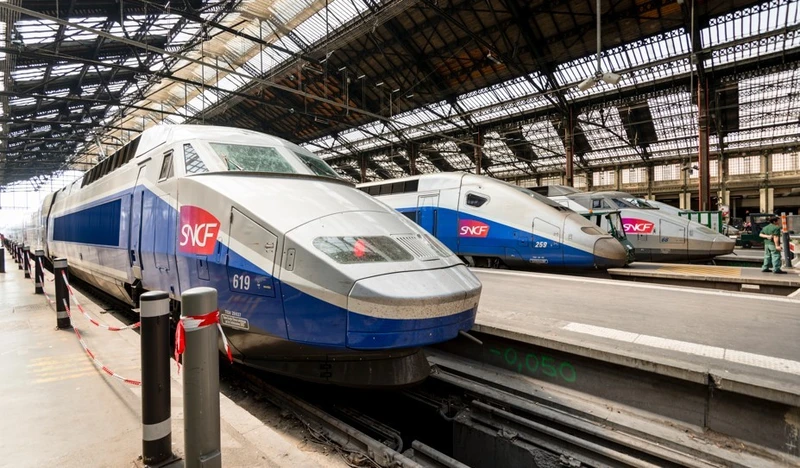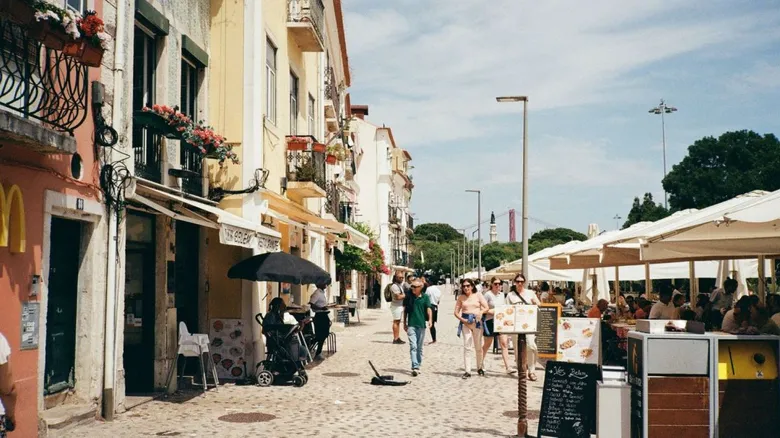
The Minister of the Presidency, António Leitão Amaro, has announced the opening of 15 new service centers for immigrants. These AIMA mission structure centers will be established in Braga and Porto, significantly enhancing the State’s service capacity by threefold.
The Minister of the Presidency announced on Wednesday that 15 new service centers under the Mission Structure of the Agency for Integration, Migration, and Asylum (AIMA) will be launched in various locations throughout the country in the coming weeks.
Minister of the Presidency Announces 15 New Service Centers for Immigrants
In addition to the largest center, which has been operating in Lisbon since September, the Minister of the Presidency announced that new immigrant service centers will be established in Braga and Porto. The minister highlighted that these centers will “triple the State’s service capacity,” increasing the number of services provided from 1,000 to 3,000.
Emphasizing the “significant impact” of this initiative, which aims to address over 400,000 pending immigration cases, Leitão Amaro clarified that this is not a “legalization option.” Only individuals who comply with the law will be granted a residence permit.
“This operation is focused on regularizing documents and ensuring the State adheres to its own regulations,” he stated. He also noted that the initiative aims to provide dignity and compassion while bringing order to the process, as it allows for better tracking of individuals in Portugal, including their whereabouts and activities.
Government does not intend to create a “mini-SEF”
in the PSP
António Leitão Amaro clarified that the Government does not plan to establish a “mini-SEF” within the PSP (Public Security Police). Instead, he explained that the responsibility for returning immigrants will be integrated into the police force.
“We are not creating a mini-SEF within the PSP, as AIMA retains a range of administrative powers, including integration. What we are discussing is the addition of return powers, which are typically police responsibilities, to the PSP, which already had inspection capabilities,” the minister stated during a parliamentary committee meeting.
This discussion revolves around the establishment of the National Foreigners and Borders Unit within the PSP, informally referred to as the “mini-SEF.” This unit is part of the Government’s proposal on border control, which also revises the return regime and sets regulations for entry and exit for non-Schengen citizens.
Currently under discussion in the parliamentary committee, this proposal was submitted without a vote. “The previous government made a mistake by separating administrative functions and integrating them with other responsibilities, which led to the loss of certain police powers, particularly regarding returns. We are working to correct this and stabilize the overall system,” he noted.
The new unit will handle “responsibilities for controlling air borders, inspecting and monitoring the activities of foreigners in the country, executing return actions, managing temporary accommodations, and ensuring airport and border security.”
Since the dissolution of the SEF on October 29 of last year, the PSP has had an Organic Unit for Airport Security and Border Control, tasked with overseeing the entry and exit of individuals by air and maintaining airport security.
During the committee meeting, the minister also emphasized the commitment to enhance inspections on the ground to identify illegal activities, worker exploitation, and human trafficking networks. He explained that a coordinated team involving the Internal Security System, PJ, PSP, GNR, Tax Authority, AIMA, the Authority for Working Conditions, and ASAE is actively working on these issues.
“The intensification of inspection activities began over the summer and will continue to ramp up in the coming months,” he added.


